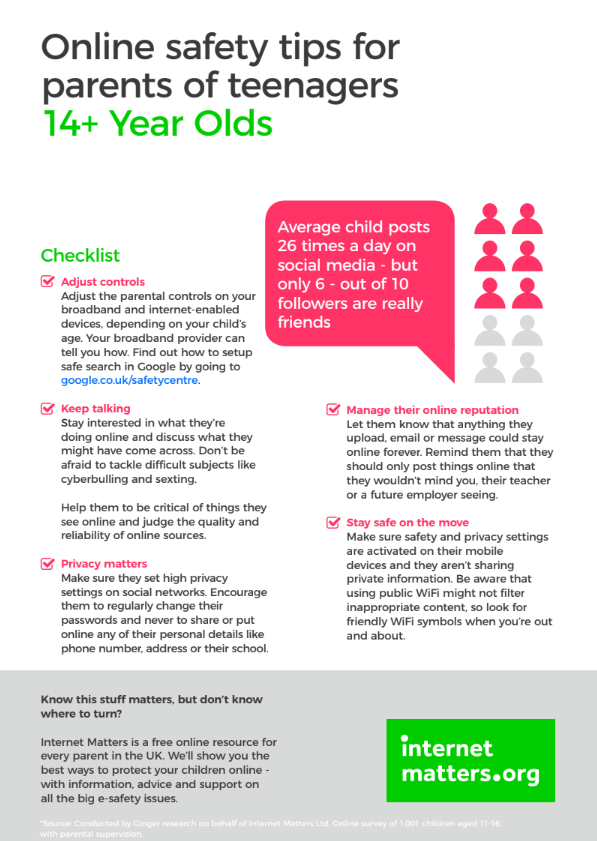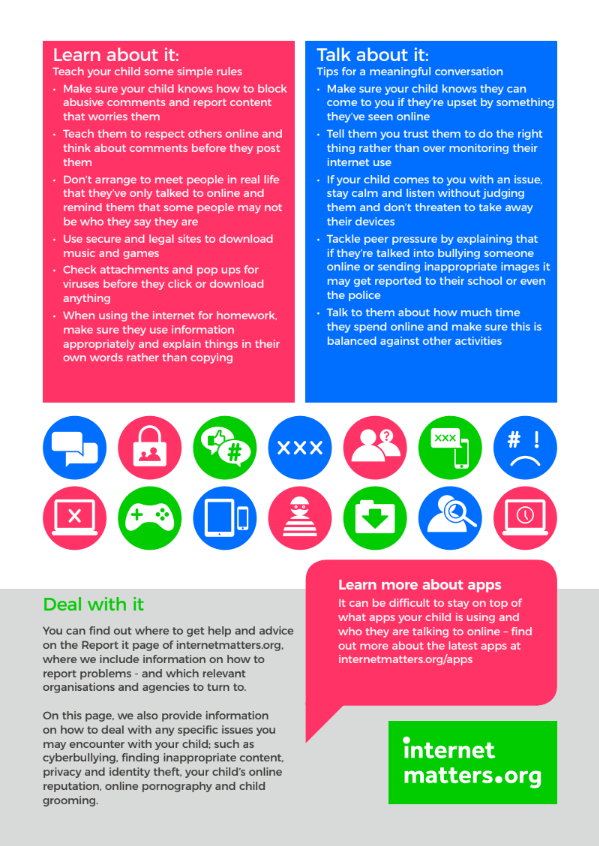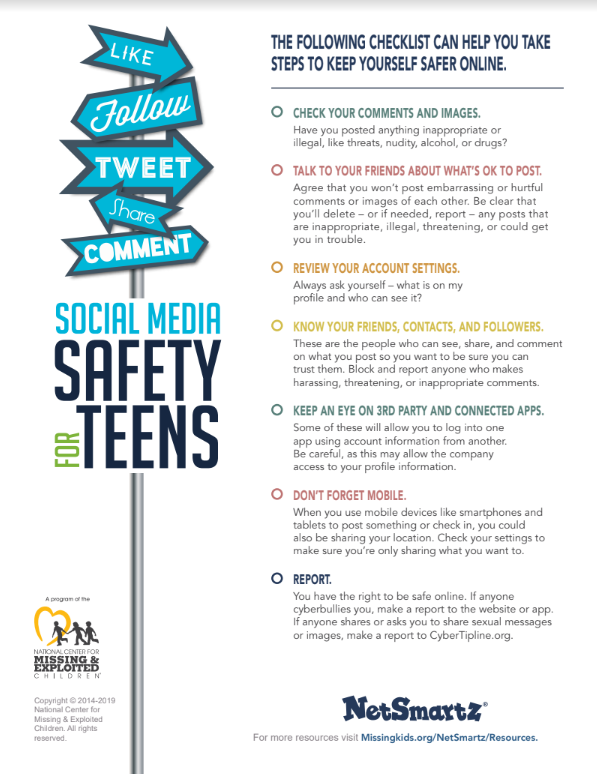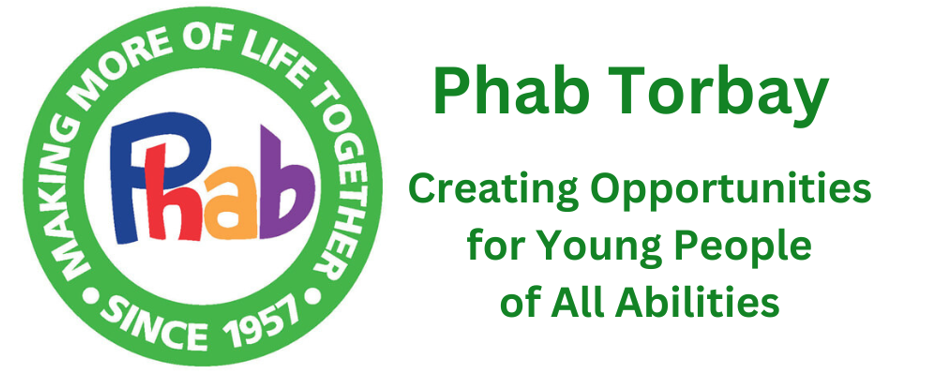At Phab we take safeguarding extremely seriously and try to keep your children safe in different ways, be it as an individual, or as a group. We also have a duty to respond to any concerns we may have regarding a potential issue around your safety and we have strict processes which we have to follow regarding this.
Safeguarding is a joint approach between club and home and here is a collection of useful documents, help and advice that might help with some of the issues that the young people at the club may or may be experiencing.
DCFP
The Devon Children and Families Partnership provides lots of useful information about keeping children safe and also guidance on what to do if you are worried about a child or young person. The website is:
Devon Children and Families Partnership – https://www.dcfp.org.uk/
The Multi-Agency Safeguarding Hub (MASH) is the key contact for any enquiries about child protection. Their contact details are: 0345 155 1071 or out of hours 0845 6000 388
The NSPCC is a good resource for information and guidance on safeguarding. They have a dedicated helpline if you are worried about a child or young person. Their details are:
NSPCC – Reporting Abuse – Helpline: 0808 800 5000 – https://www.nspcc.org.uk/
Prevent
“Radicalisation” refers to the process by which a person comes to support terrorism and forms of extremism leading to terrorism. During that process it is possible to intervene to prevent vulnerable people being drawn into terrorist-related activity.
More information can be found at
https://educateagainsthate.
Sexual exploitation
Sexual exploitation is a form of sexual abuse, in which a young person is manipulated or forced into taking part in a sexual act. This could be as part of a seemingly consensual relationship, or in return for attention, affection, money, drugs, alcohol or somewhere to stay. The young person may think that their abuser is their friend, or even their boyfriend or girlfriend. But they will put them into dangerous situations, forcing the young person to do things they don’t want to do. The abuser may physically or verbally threaten the young person, or be violent towards them. They will control and manipulate them, and try to isolate them from friends and family.
Further information can be found on the NSPCC website at https://learning.nspcc.org.uk/





